Filter by
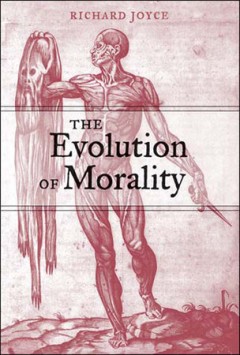
The Evolution of Morality
"A Bradford book."A consideration of whether the human capacity to make moral judgments is innate and, if so, what implications follow; combines philosophical discussion with the latest findings from the empirical sciences.OCLC-licensed vendor bibliographic record.
- Edition
- -
- ISBN/ISSN
- 9780262276535
- Collation
- 1 online resource (271 pages).
- Series Title
- -
- Call Number
- -
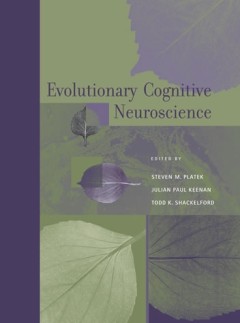
Evolutionary Cognitive Neuroscience
An essential reference for the new discipline of evolutionary cognitive neuroscience that defines the field's approach of applying evolutionary theory to guide brain-behavior investigations.OCLC-licensed vendor bibliographic record.
- Edition
- -
- ISBN/ISSN
- 9780262281669
- Collation
- 1 online resource (xix, 616 pages) :illustrations.
- Series Title
- -
- Call Number
- -

Evolutionary Dynamics and Extensive Form Games
An analysis of standard evolutionary dynamics adapted to extensive form games.Evolutionary game theory attempts to predict individual behavior (whether of humans or other species) when interactions between individuals are modeled as a noncooperative game. Most dynamic analyses of evolutionary games are based on their normal forms, despite the fact that many interesting games are specified more …
- Edition
- -
- ISBN/ISSN
- 9780262270977
- Collation
- 1 online resource (xii, 316 pages) :illustrations.
- Series Title
- -
- Call Number
- -
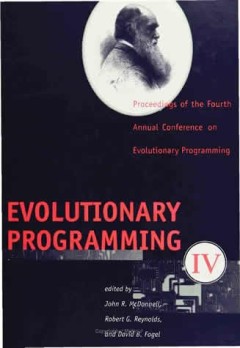
Evolutionary Programming IV: Proceedings of the Fourth Annual Conference on E…
"A Bradford book."March 1-3, 1995, San Diego, California Evolutionary programming is one of the predominate algorithms withing the rapidly expanding field of evolutionary computation. These edited contributions to the Fourth Annual Conference on Evolutionary Programming are by leading scientists from academia, industry, and defense. The papers describe both the theory and practical application …
- Edition
- -
- ISBN/ISSN
- 9780262290920
- Collation
- 1 online resource (xx, 805 pages) :illustrations.
- Series Title
- -
- Call Number
- -
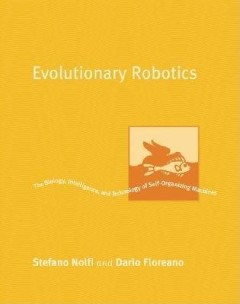
Evolutionary Robotics: The Biology, Intelligence, and Technology of Self-Orga…
"A Bradford book.""Evolutionary robotics is a new technique for the automatic creation of autonomous robots. Inspired by the Darwinian principle of selective reproduction of the fittest, it views robots as autonomous, artificial organisms that develop their own skills in close interaction with the environment and without human intervention. Drawing heavily on biology and ethology, it uses the r…
- Edition
- -
- ISBN/ISSN
- 9780262256735
- Collation
- 1 online resource (320 pages) :illustrations.
- Series Title
- -
- Call Number
- -

From Embryology to Evo-Devo: A History of Developmental Evolution
Historians, philosophers, sociologists, and biologists explore the history of the idea that embryological development and evolution are linked.Although we now know that ontogeny (individual development) does not actually recapitulate phylogeny (evolutionary transformation), contrary to Ernst Haeckel's famous dictum, the relationship between embryological development and evolution remains the su…
- Edition
- -
- ISBN/ISSN
- 9780262277976
- Collation
- 1 online resource (vii, 569 pages) :illustrations.
- Series Title
- -
- Call Number
- -
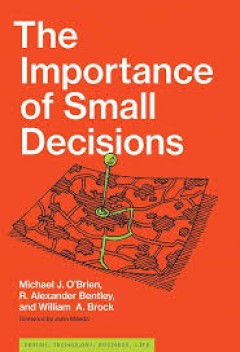
The importance of small decisions :how culture evolves
How people make decisions in an era of too much information and fake news. Humans originally evolved in a world of few choices. Prehistoric, preindustrial, and predigital eras required fewer decisions than today's all-access, always-on world of too much information. Economists have largely discarded the idea that agents act rationally and the market follows suit. It seems that no matter how sma…
- Edition
- -
- ISBN/ISSN
- 9780262352536
- Collation
- 1 online resource (160 pages) :illustrations.
- Series Title
- -
- Call Number
- -

Reconceptualizing the Industrial Revolution
Closely linked essays examine distinctive national patterns of industrialization.This collection of essays offers new perspectives on the Industrial Revolution as a global phenomenon. The fifteen contributors go beyond the longstanding view of industrialization as a linear process marked by discrete stages. Instead, they examine a lengthy and creative period in the history of industrialization,…
- Edition
- -
- ISBN/ISSN
- 9780262289504
- Collation
- 1 online resource (vi, 356 pages).
- Series Title
- -
- Call Number
- -
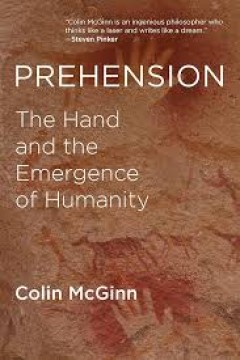
Prehension: The Hand and the Emergence of Humanity
"This book is a hymn to the hand. In Prehension, Colin McGinn links questions from science to philosophical concerns to consider something that we take for granted: the importance of the hand in everything we do. Drawing on evolutionary biology, anatomy, archaeology, linguistics, psychology, and philosophy, among other disciplines, McGinn examines the role of the hand in shaping human evolution…
- Edition
- -
- ISBN/ISSN
- 9780262331043
- Collation
- 1 online resource (ix, 191 pages)
- Series Title
- -
- Call Number
- -
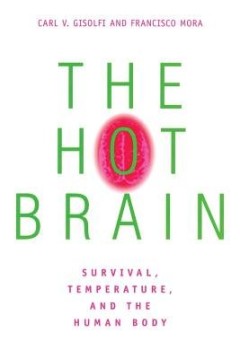
The Hot Brain : Survival, Temperature, and the Human Body
The book traces the story of the brain throughout evolution and shows how the control of body temperature as a survival mechanism was achieved. From the first unicellular life on Earth, living things have had the capacity to sense heat and cold and to avoid extreme temperatures. With the development of a bigger brain and a constant body temperature, mammals were able to change their habitats…
- Edition
- -
- ISBN/ISSN
- 9780262273886
- Collation
- 1 online resource (286 pages)
- Series Title
- -
- Call Number
- 613 GIS h
 Computer Science, Information & General Works
Computer Science, Information & General Works  Philosophy & Psychology
Philosophy & Psychology  Religion
Religion  Social Sciences
Social Sciences  Language
Language  Pure Science
Pure Science  Applied Sciences
Applied Sciences  Art & Recreation
Art & Recreation  Literature
Literature  History & Geography
History & Geography